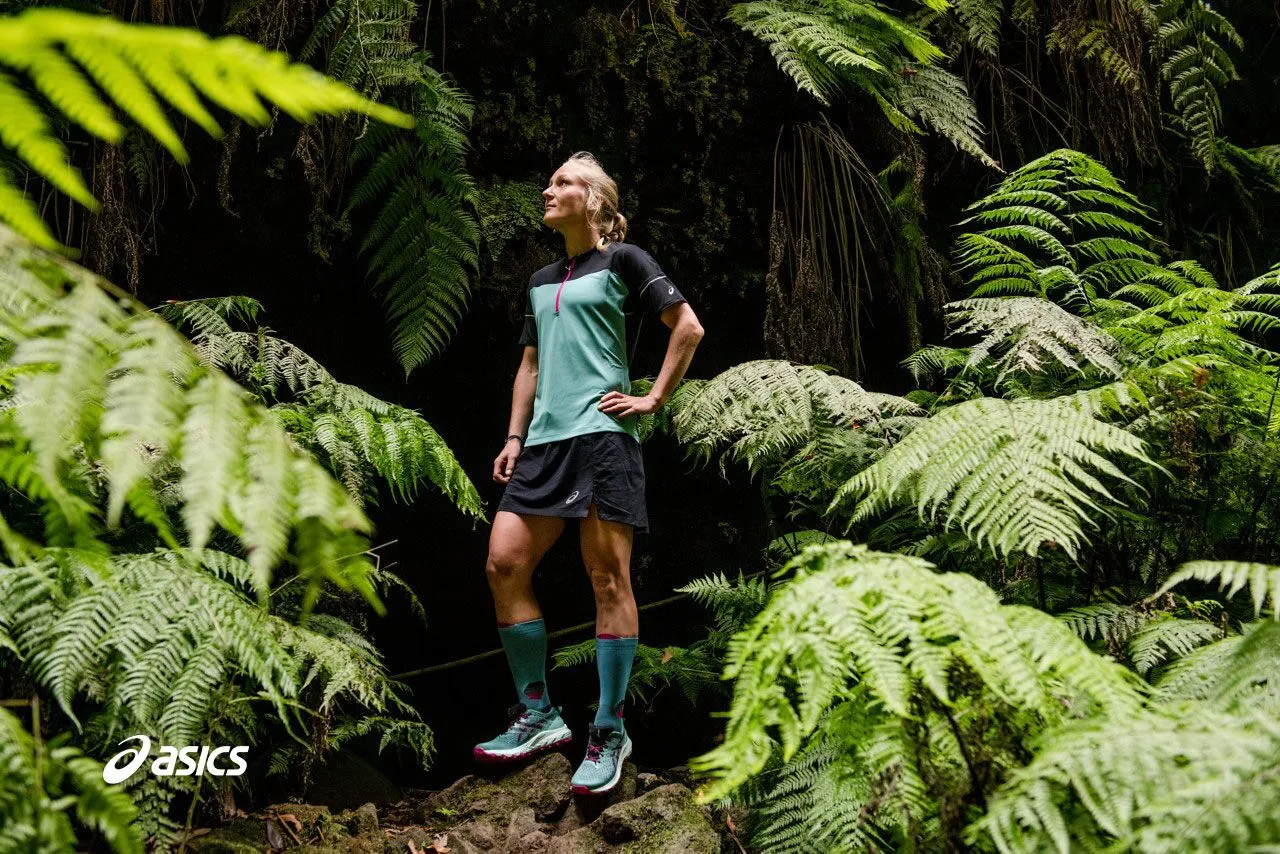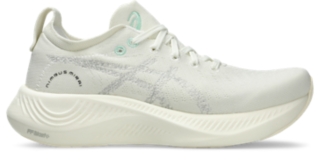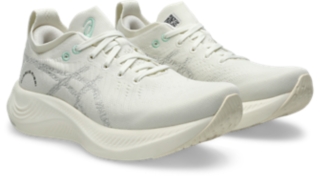
How We Maintain a Sustainable Supply Chain
May 4, 2023
We believe that in order to achieve our philosophy "a sound mind in a sound body", people need a sound earth. That’s why sourcing, manufacturing, and shipping products through a sustainable supply chain is an area in which ASICS is highly invested.
Aligning ourselves with global sustainability goals
ASICS aligns its programs with the U.N.’s Sustainable Development Goals and other international initiatives with focuses on:
- Products. ASICS limits its products’ impact on the planet by focusing on materials, production processes, and sustainable design.
- Operations. ASICS makes a positive contribution to global climate goals by adjusting operation practices, including manufacturing processes.
2021 key sustainability achievements:
ASICS has established a goal of achieving net-zero emissions by 2050. In 2021, ASICS made considerable progress towards achieving this goal :
- 28.0% reduction of carbon emissions from our direct operations (2015 baseline)
- 19.7% reduction of carbon emissions from our supply chain (2015 baseline)
- >90% of new running shoes in 2021 and 2022 contain recycled material
- 23.0% renewable electricity used in our business facilities
How ASICS prioritises people in the supply chain

The most critical supply chain element is people. ASICS invests in the well-being of each member of our supply chain and has adopted policies and controls that help support the dignity and safety of each worker. ASICS knows that engaging each member of the team is how to most effectively achieve supply chain sustainability.
Supporting COVID-19 resilience
The health and safety of the workers in the supply chain has always been a priority. In response to COVID-19, ASICS proactively added new protocols to every factory and asked that they conduct quarterly self-assessments of their compliance status regarding employment, wages, health and safety.
ASICS also signed on to the International Labor Organization’s COVID-19: Action in the Global Garment Industry initiative to strengthen its ability to deal with economic disruption while continuing to protect garment workers’ income, health, and employment.
Practicing responsible recruitment
ASICS has zero tolerance for forced labor and child labor in our supply chain as participants in the KnowTheChain global benchmark assessment. As a company, ASICS works with suppliers who practice responsible recruitment and exceed standards regarding:
- Combatting child labor. ASICS doesn’t work with any supplier using child labor and regularly audits suppliers to ensure compliance.
- Addressing workplace concerns. To understand and address workplace issues, ASICS requires all members of our supply chain to provide a fair and straightforward grievance mechanism adhering to design.
- Transparency and communication. ASICS is open to collaborating on improving workplace quality. To realise this, ASICS requires suppliers to provide accurate information about their workplace and workforces. Suppliers must also let ASICS conduct unannounced audits within their space and practices for full transparency.
How ASICS maintains a sustainable supply chain

ASICS works with over 150 Tier 1 suppliers* and measures their environmental performance and sustainability strategies using the Sustainable Apparel Coalition’s Higg Facility Environmental Module (SAC’s Higg FEM) score in supplier ratings.
ASICS’ goal for 2023 is for 90% its Tier 1 strategic partner factories to improve their SAC Higg Facility Environmental Module (Higg FEM) Score compared to baseline. (Baseline: Higg FEM 2019).
* Tier 1 suppliers are factories that ASICS holds a direct contractual sourcing relationship with for the supply of products.
Decarbonising our supply chain
Some 70% of our carbon emissions come from manufacturing, material procurement, and managing end-of-life for equipment. ASICS aims to reduce these emissions by 63% by 2030.
Integrating sustainability into our sourcing strategy
Supply chain sustainability also involves careful sourcing of materials. Examples include switching to low-emission materials, such as recycled polyester, and using renewable energy.
ASICS is involved in the Japanese government’s “The Fiscal Year 2021 Model Project” which advocates for the decarbonisation of the entire supply chain. Through this project, ASICS was able to develop a Green Procurement policy and increase supplier engagement for their strategic suppliers.
Moving towards a more sustainable future
Meeting targets and having a bigger impact drives ASICS to work harder. ASICS recognises the importance of initiatives to benefit customers, communities, and the world at large. ASICS’ VISION2030 initiative affects products, facilities, communities, and industry practices. ASICS remains committed to supporting a sound earth in order to achieve a sound mind in a sound body.






